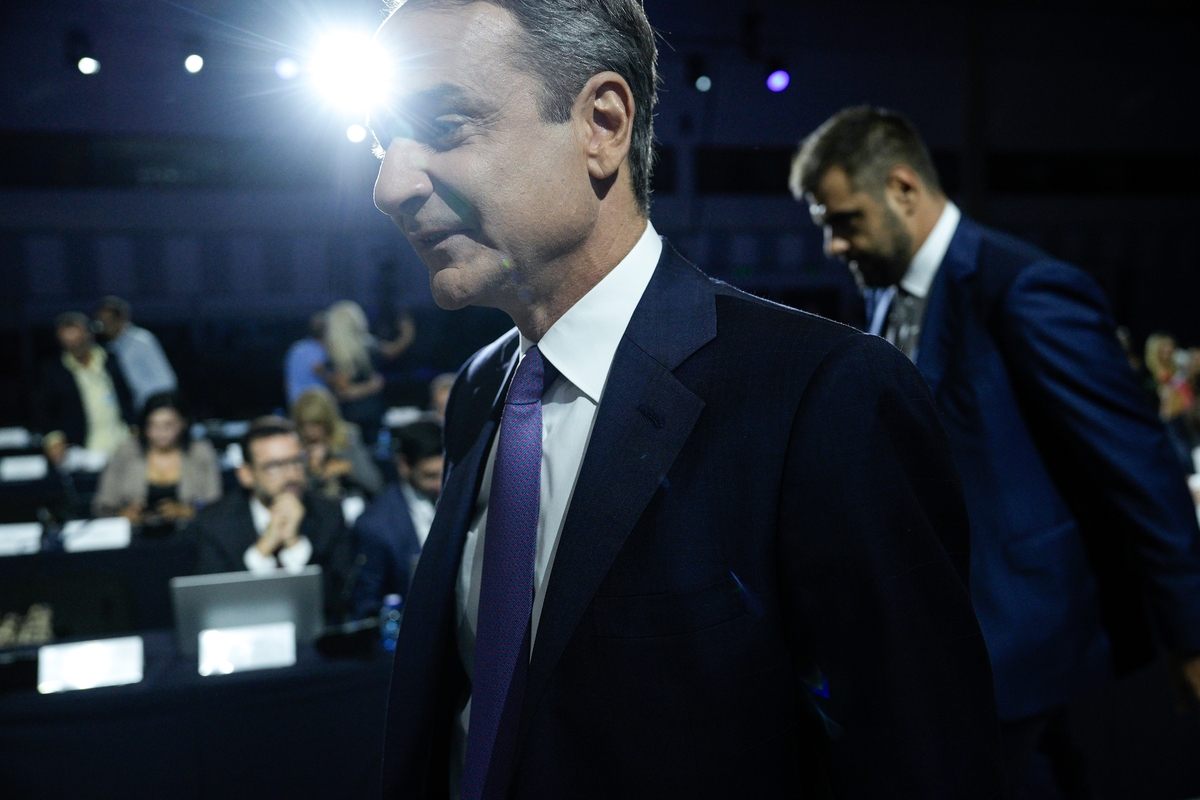
Responding to questions during a briefing with political editors, Marinakis claimed that no outlet was deliberately excluded, nor were there any concerns about the questions posed by the media. “No outlet was excluded, there was no fear. As many questions as possible were taken. All media scrutinise the government—that is their job. If you look at the media that did ask questions, many are fiercely critical of the government,” he said. He warned against labelling certain outlets and drawing conclusions about their political affiliations, referring to previous incidents where political figures criticised journalists publicly.
Marinakis, who also holds the portfolio for media relations, highlighted the government’s commitment to transparency, noting that during the regular briefings for political editors, the government answers all questions, allowing for “full democratic engagement”. He added, “The initiatives we’ve taken to support journalists and the media are unprecedented in any previous government period. A press conference, of course, has time constraints, and we must ensure representation from regional media.”
He went on to argue that the government had made strides in allowing more regional outlets to participate in the prime minister’s press conferences, especially at the TIF, which is held in Thessaloniki. “Every year, we aim to take more questions and allow more media to ask. It’s not the only opportunity. In fact, it wasn’t just government-friendly outlets that got to ask questions. There was a proportional representation across various media types, including print, radio, and electronic outlets,” Marinakis stated.
The controversy over the media exclusions was also raised by the Panhellenic Federation of Editors’ Unions (POESY), which condemned the government’s actions, calling them “incomprehensible”. POESY argued that such exclusions and selective questioning undermine press freedom and the public’s right to comprehensive information. “Journalists attend these press conferences representing their media outlets to do their job to the best of their ability, not for personal or other reasons. Denying them this right through exclusion is inconsistent with press freedom and is reprehensible,” the union said in a statement.
The debate surrounding media access to the prime minister at such high-profile events raises ongoing concerns about the state of press freedom in Greece, where allegations of government interference and selective engagement with the media have persisted. While the government maintains that time constraints and geographical representation are factors in determining access, critics see the exclusions as part of a broader pattern of limiting scrutiny from critical voices.
______________________________________________
Are you seeking news from Greece presented from a progressive, non-mainstream perspective? Subscribe monthly or annually to support TPP International in delivering independent reporting in English. Don’t let Greek progressive voices fade.
Make sure to reference “TPP International” and your order number as the reason for payment.